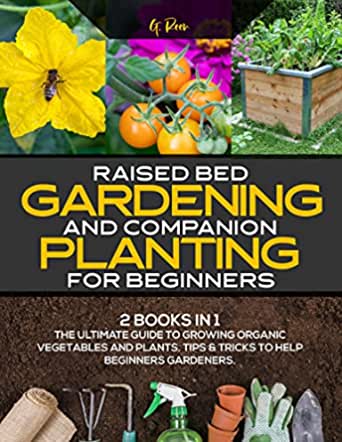
Pennsylvania vegetable gardening is a rewarding hobby that requires little or none preparation. Most home vegetable gardeners wait to plant their entire garden until Mother's Day. Some plants like to be planted in May, while others prefer cooler climates. Planting in May can result in plants that are bitter, woody or never maturing. Mulch can protect the soil, and help plants grow through winter months.
FAQ
How can I tell what kind of soil is mine?
You can tell by looking at the color of the dirt. Darker soils contain more organic matter than lighter-colored ones. You can also do soil tests. These tests can measure the soil's nutrients.
How often should I water my indoor plants?
Indoor plants need watering once every two days. It is important to maintain the humidity level in your home. Humidity is essential for healthy plants.
What type of lighting is best to grow plants indoors?
Because they emit less heat than traditional incandescent bulbs, Florescent lights are ideal for indoor plant growth. They can also provide steady lighting without flickering and dimming. Fluorescent bulbs can be purchased in regular and compact fluorescent versions. CFLs can use up to 75% more energy than traditional bulbs.
Do I need to buy special equipment to grow vegetables?
It's not true. A shovel, trowel and watering container are all you need.
Statistics
- It will likely be ready if a seedling has between 3 and 4 true leaves. (gilmour.com)
- 80% of residents spent a lifetime as large-scale farmers (or working on farms) using many chemicals believed to be cancerous today. (acountrygirlslife.com)
- As the price of fruit and vegetables is expected to rise by 8% after Brexit, the idea of growing your own is now better than ever. (countryliving.com)
- According to a survey from the National Gardening Association, upward of 18 million novice gardeners have picked up a shovel since 2020. (wsj.com)
External Links
How To
How do I keep weeds from my vegetable garden?
Growing vegetables that are healthy is not possible due to weeds. They can compete for water and nutrients, sunlight, space, and other resources. To prevent them from taking over your garden, use these tips:
-
Take all flowers and plant material.
-
Be sure to remove any debris or leaves from the base.
-
Mulch is a good choice
-
Get water regularly
-
Rotate crops
-
Don't let the grass grow too long
-
Keep soil moist
-
Plant early
-
Harvest often
-
Add compost
-
Avoid chemical pesticides
-
Organic vegetables are best
-
Get heirloom seeds
-
Start small
-
Learn more about companion-planting
-
Be patient
-
Enjoy gardening!